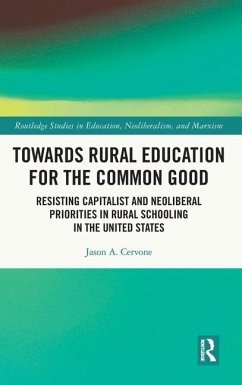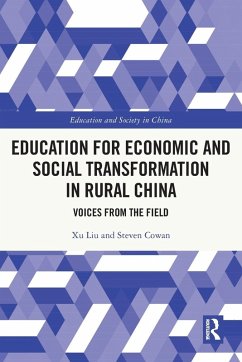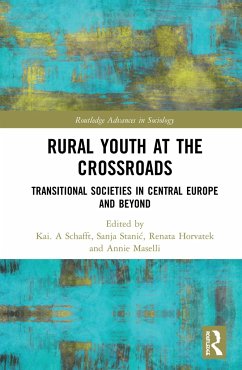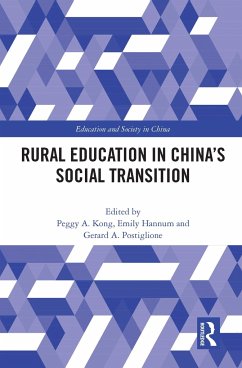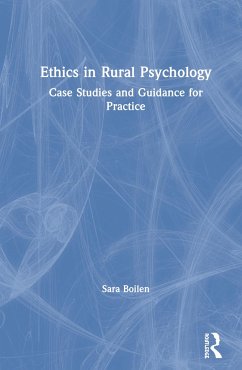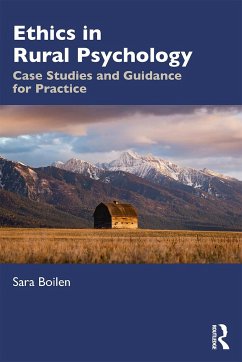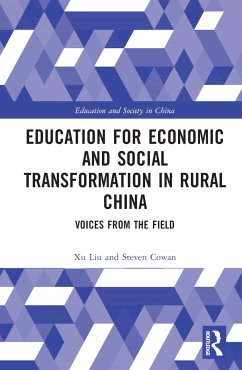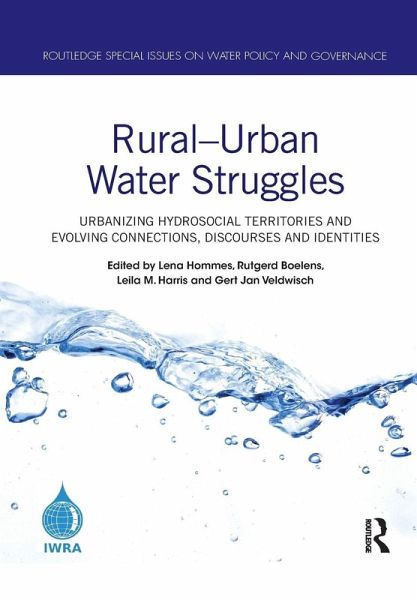
Rural-Urban Water Struggles
Urbanizing Hydrosocial Territories and Evolving Connections, Discourses and Identities
Herausgeber: Hommes, Lena; Harris, Leila M.; Boelens, Rutgerd
Versandkostenfrei!
Versandfertig in 1-2 Wochen
54,99 €
inkl. MwSt.

PAYBACK Punkte
27 °P sammeln!
Rural-Urban Water Struggles compiles diverse analyses of rural-urban water connections, discourses, identities and struggles evolving in the context of urbanization around the world. Departing from an understanding of urbanization as a process of constant making and remaking of multi-scalar territorial interactions that extend beyond traditional city boundaries and that deeply reconfigure rural-urban hydrosocial territories and interlinkages, the chapters demonstrate the need to reconsider and trouble the rural-urban dichotomy. The contributors scrutinize how existing approaches for securing u...
Rural-Urban Water Struggles compiles diverse analyses of rural-urban water connections, discourses, identities and struggles evolving in the context of urbanization around the world. Departing from an understanding of urbanization as a process of constant making and remaking of multi-scalar territorial interactions that extend beyond traditional city boundaries and that deeply reconfigure rural-urban hydrosocial territories and interlinkages, the chapters demonstrate the need to reconsider and trouble the rural-urban dichotomy. The contributors scrutinize how existing approaches for securing urban water supply - ranging from water transfers to payments for ecosystem services - all rely on a myriad of techniques: they are produced by, and embedded in, specific institutional and legal arrangements, actor alliances, discourses, interests and technologies entwining local, regional and global scales. The different chapters show the need to better understand on-the-ground realities, taking account of inequalities in water access and control, as well as representation and cultural-political recognition among rural and urban subjects. Rural-Urban Water Struggles will be of great use to scholars of water governance and justice, environmental justice and political ecology. This book was originally published as a special issue of Water International.






